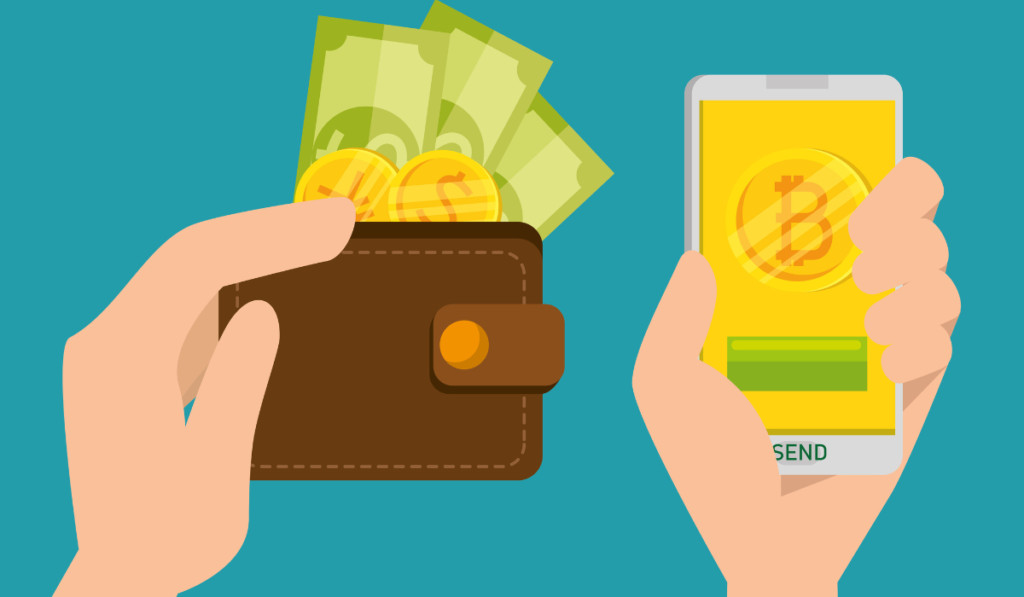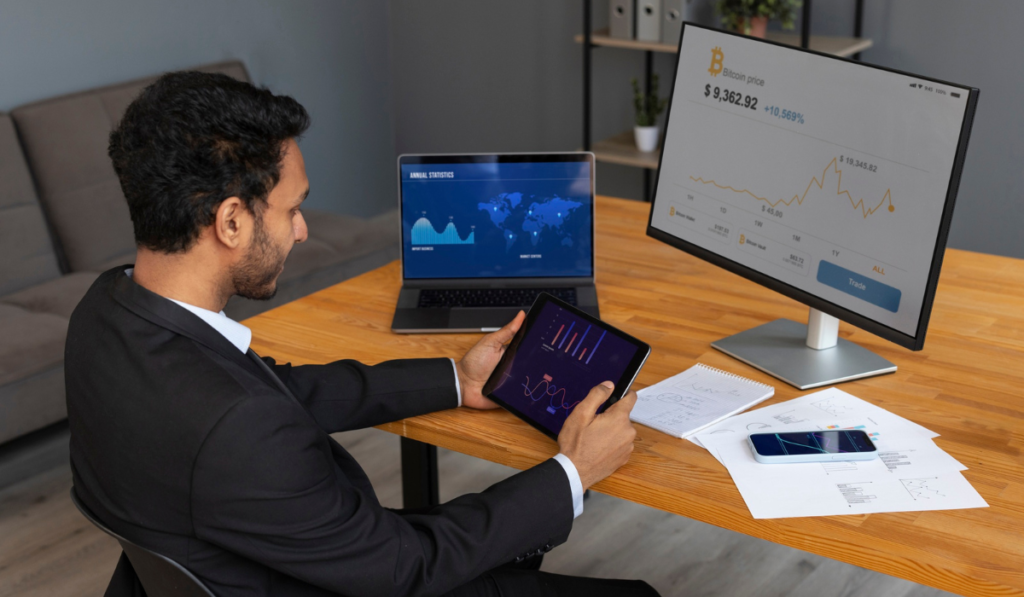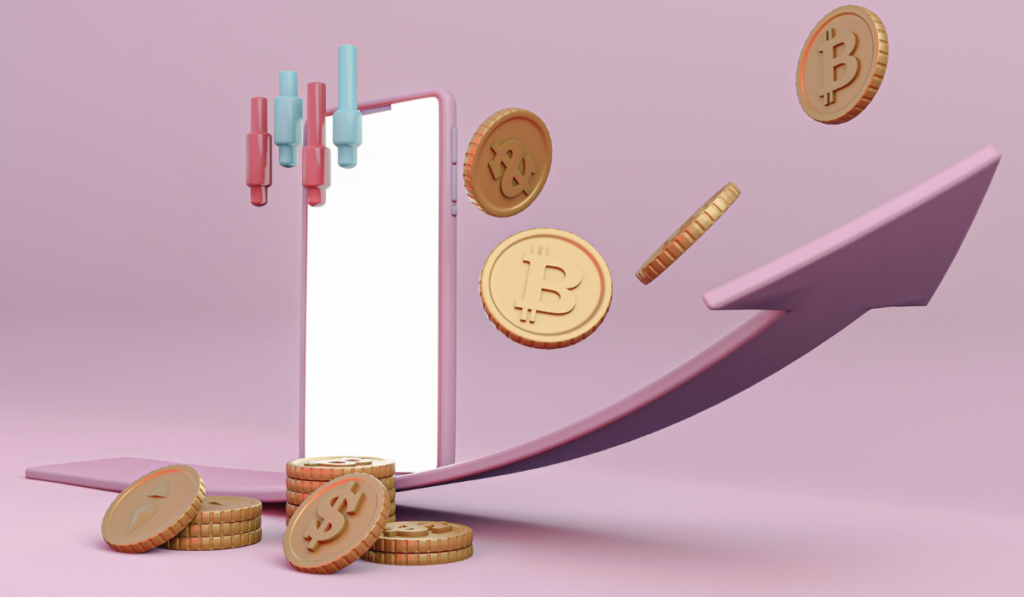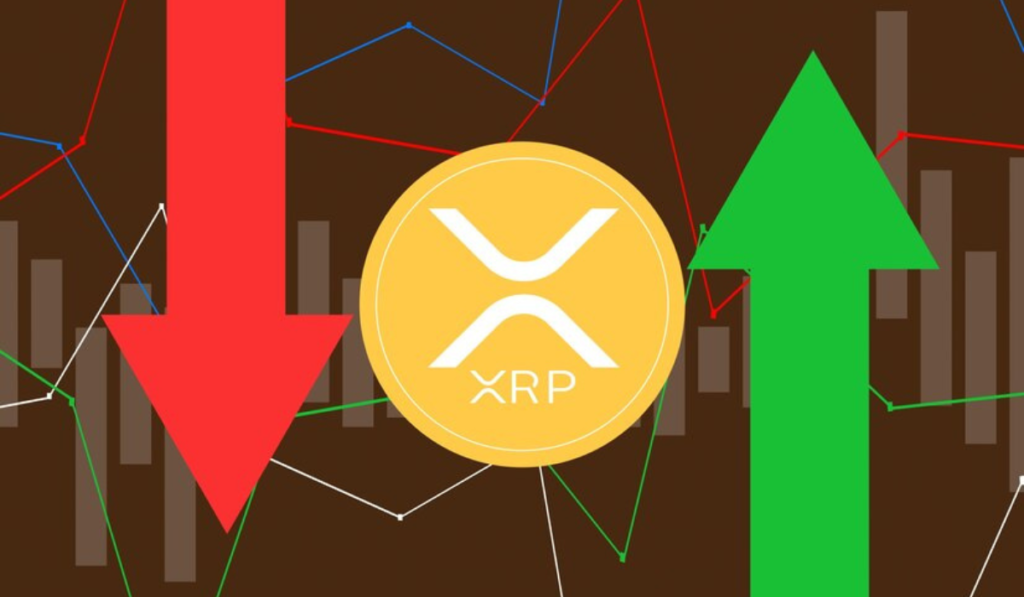Bitcoin, the world’s first decentralized digital currency, has revolutionized the way we think about money. Since its inception in 2009, Bitcoin has grown from an obscure concept to a global phenomenon, attracting investors, tech enthusiasts, and even governments. But what exactly is Bitcoin, and why is it so important?
In this comprehensive guide, we’ll explore the origins of Bitcoin, how it works, its benefits and risks, and its potential to reshape the global financial system. Whether you’re a beginner or an experienced crypto enthusiast, this guide will provide valuable insights into the world of Bitcoin.
What is Bitcoin?
The History of Bitcoin
Bitcoin was introduced in 2008 by an anonymous person or group using the pseudonym Satoshi Nakamoto. The release of the Bitcoin whitepaper, titled “Bitcoin: A Peer-to-Peer Electronic Cash System,” marked the beginning of a new era in finance.
The first Bitcoin block, known as the Genesis Block, was mined in January 2009. Since then, Bitcoin has grown exponentially, reaching a market capitalization of over $1 trillion at its peak.
How Bitcoin Works
Bitcoin operates on a technology called blockchain, a decentralized ledger that records all transactions across a network of computers. Here’s how it works:
- Decentralization: Unlike traditional currencies, Bitcoin is not controlled by any central authority.
- Mining: Bitcoin transactions are verified by miners, who solve complex mathematical problems to add new blocks to the blockchain.
- Limited Supply: Only 21 million Bitcoins will ever exist, making it a deflationary asset.
Why Bitcoin Matters
Decentralization and Financial Freedom
One of Bitcoin’s most significant advantages is its decentralized nature. It allows users to transact without intermediaries like banks or governments, offering greater financial freedom and privacy.
Bitcoin as a Store of Value
Often referred to as “digital gold,” Bitcoin is seen as a hedge against inflation and economic instability. Its limited supply and growing adoption have cemented its position as a store of value.
How to Buy and Use Bitcoin

Choosing a Bitcoin Wallet
Before buying Bitcoin, you’ll need a digital wallet to store it. Wallets come in various forms, including:
- Hardware Wallets: Physical devices that offer high security.
- Software Wallets: Apps or programs for convenient access.
- Paper Wallets: Physical printouts of your private keys.
Buying Bitcoin on Exchanges
Bitcoin can be purchased on cryptocurrency exchanges like Coinbase, Binance, or Kraken. Here’s a step-by-step guide:
- Create an account on a reputable exchange.
- Verify your identity (KYC process).
- Deposit funds using a bank transfer or credit card.
- Buy Bitcoin at the current market price.
Using Bitcoin for Transactions
Bitcoin can be used to purchase goods and services, send money internationally, or invest in other cryptocurrencies. Its low transaction fees and fast processing times make it an attractive option for global payments.
The Risks and Challenges of Bitcoin
Volatility and Market Risks
Bitcoin’s price is highly volatile, with significant fluctuations occurring within short periods. This makes it a high-risk investment.
Security Concerns
While Bitcoin itself is secure, users must take precautions to protect their private keys and wallets from hackers.
The Future of Bitcoin

Bitcoin and Institutional Adoption
In recent years, institutions like Tesla, MicroStrategy, and PayPal have embraced Bitcoin, signaling its growing acceptance in mainstream finance.
Bitcoin’s Role in the Global Economy
As more countries explore central bank digital currencies (CBDCs), Bitcoin’s role as a decentralized alternative could become even more critical.
FAQs About Bitcoin
Q: Is Bitcoin legal?
A: Bitcoin’s legality varies by country. While most countries allow it, some have imposed restrictions or bans.
Q: Can Bitcoin be hacked?
A: Bitcoin’s blockchain is highly secure, but individual wallets and exchanges can be vulnerable to hacking.
Q: How do I start investing in Bitcoin?
A: Start by researching reputable exchanges, setting up a wallet, and investing only what you can afford to lose.
Q: What is Bitcoin mining?
A: Bitcoin mining is the process of verifying transactions and adding them to the blockchain, rewarded with new Bitcoins.
Conclusion
Bitcoin has come a long way since its inception, evolving from a niche experiment to a global financial asset. Its decentralized nature, limited supply, and growing adoption make it a compelling option for investors and users alike.
However, it’s essential to approach Bitcoin with caution, understanding both its potential and risks. Whether you’re looking to invest, transact, or simply learn more, Bitcoin offers a fascinating glimpse into the future of money.
Ready to dive deeper? Share this guide with fellow crypto enthusiasts, or explore our The Ultimate Guide to Bitcoin Investment: Strategies, Risks, and Future Potential next. Have questions? Drop a comment below!








1 thought on “Bitcoin: The Ultimate Guide to Understanding the World’s First Cryptocurrency”